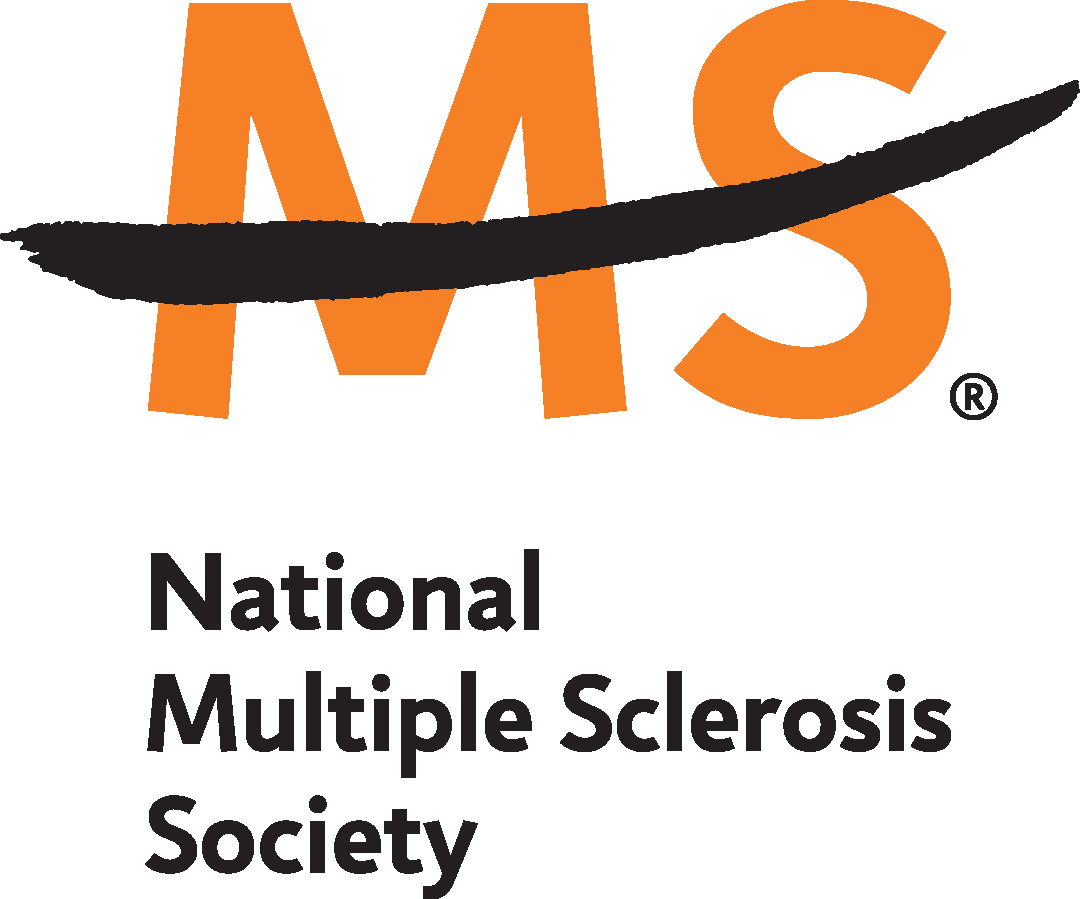Meet the Honoree: National Multiple Sclerosis Society, Recipient of the Paul G. Rogers Distinguished Organization Advocacy Award

As Research!America prepares for our 24th Advocacy Awards Dinner, we want readers to learn more about our award recipients. We are continuing our Tuesday series leading up to the March 11 event. Please meet Cyndi Zagieboylo, representing the National Multiple Sclerosis Society, recipient of the 2020 Paul G. Rogers Distinguished Organization Advocacy Award.

Cyndi Zagieboylo
President and CEO, National Multiple Sclerosis Society
When did you know you were an advocate for scientific research and innovation?
When I started my work at the National MS Society in 1985, the importance of research was immediately clear. With no disease-modifying therapies and a dearth of physicians who wanted to see people with MS after they were diagnosed, there was a tragic saying of “diagnosis and adios.” Hope was in the connections people could make with each other and in medical research. I was fortunate to meet and learn from passionate and devoted researchers who were dedicated to finding solutions to MS. Many of the brilliant researchers I met then are now leaders of this work today, and they have trained others to grow the field. Now that we have many therapeutic options that help many people, it’s clear that research brings solutions. And now we are seeing the possibility of a cure!
What do you consider your biggest career accomplishment? What do others consider your biggest career accomplishment?
We have accomplished so much to help people affected by MS live their best lives. Together, we have achieved more breakthroughs than the world has seen for any other neurological disease. Our progress is unprecedented. We are establishing clear paths to lead us to cures for everyone with MS. We have gone from funding the first significant research and building our understanding of this disease, to disease-modifying treatments that make it possible for people to manage their disease and maintain function. We know more today than ever before about what it takes to live well with MS. We still have important work to do for the nearly one million people in the U.S. living with this disease, but major breakthroughs we’ve been working toward for nearly 75 years are within our reach. I’m proud to have played a part in this progress alongside the countless others contributing to this important work.
I’ve learned the most from…
People who are affected by MS. One of my early mentors was Dave, a self-help group leader who has MS. He taught me about the power of connections and resilience. He showed me that being present and seeing each person, listening, validating, and staying in it even when you can’t clearly see options is sometimes the most important thing we can do. No one should live with MS alone.
What advice would you give to your 20-year-old self?
I’d remind myself of the advice I got from my parents growing up: Do your best at whatever job you have, engage others in getting the work done, be part of the solution, and be a positive force.




